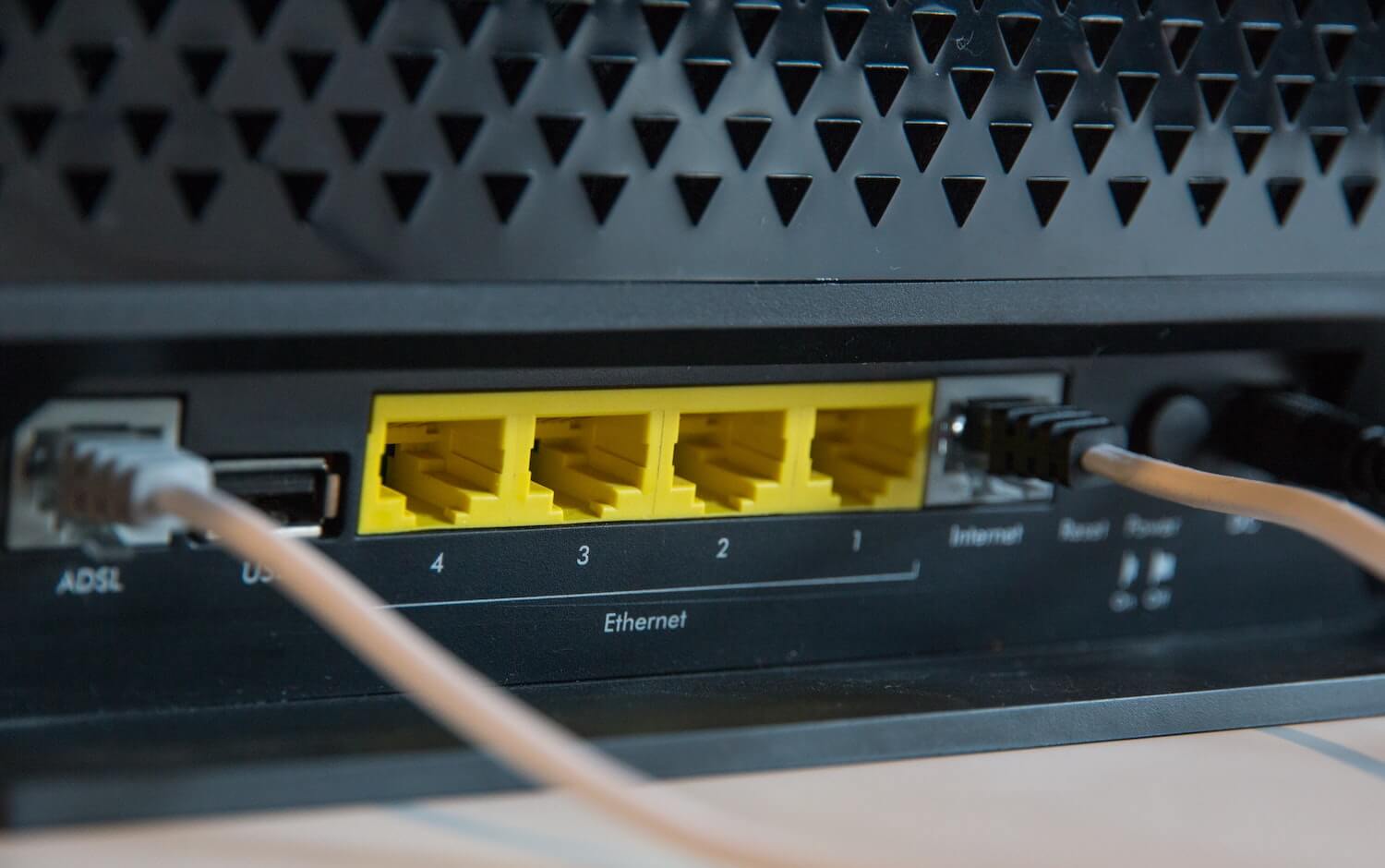Choosing a Wireless Internet Router isn’t an easy job. There are a lot of things to consider when buying a WiFi router that not only provides fast and reliable speeds but also provides excellent coverage. This isn’t quite an easy task especially if you are not familiar with how these things work and what makes it even harder to choose a Wireless Router is that the developers put a lot of useless acronyms that have a very little impact on the real-life experience.
A good router cannot be judged by its name and certainly not by its price too. So, here are a few things that you should consider when buying a wireless router:
1. Processor and RAM
The first that you should look for is that the router you are buying has a good processor and RAM. Yes, most of the older routers don’t come with these things but modern routers do and these are important when you are buying a wireless router.
If you are on a medium budget then your router should at least have a decent, multi-core processor along with at least 128 MB of RAM. If the budget is not an issue then you can go for routers with much higher specifications for much better performance.
The reason behind this is that a better processor means that your router would be able to deal with more data and clients simultaneously and more RAM means that it would be able to process everything at a faster speed.
2. Dual-band Router
When you read the term dual-band wireless router then it means that this wireless router has the capability to transmit wireless signals through both the 2.4 GHz frequency and 5 GHz frequency.
Single-band routers have become a thing of the past and nowadays, you would hardly found any router that does not have dual-band support.
The reason why you should pick a dual-band router is that it has two different frequencies at which it can transmit wireless signals. The 2.4 GHz frequency band is the default band and is used by most of the wireless devices. It has a wide coverage area and is also compatible with older devices, however, at places such as apartments or flats where there are several wireless routers, congestion and signal interference can always be a problem.
The 5 GHz frequency band has advantages that it is not the default frequency band of wireless devices and it can transmit data at a much faster speed as compared to the 2.4 GHz frequency band and is also less prone to signal interference but the coverage area is comparatively less as compared to 2.4 GHz band.
3. The router should have mobile applications
It has become a thing of the past to access the router through the default gateway address using a web browser. Nowadays, manufacturers have developed mobile applications for wireless routers using which the users can set up their wireless routers.
It is much easier and convenient to set up and control the settings of your router through a mobile application. So, when buying a wireless router then make sure that it comes with a dedicated mobile application using which you can control the settings of your router.
4. The router should have a USB Port
It is not uncommon nowadays for wireless routers to have USB ports and these USB ports come in handy when we have to connect any of our devices with the router. So, when choosing a wireless router to buy then make sure that it has a USB port, preferably USB 3.0.
5. Support for WPA3 Encryption Protocol
WPA3 is the latest and secure-most Wireless encryption protocol available. So, if you are planning to buy a new router then make sure that it has WPA3 encryption available so, that your security isn’t compromised.
WPA2 is also secure enough but WPA3 is the industry-standard protocol and your router should have it.
6. Support for VPN, Firewall, and Antivirus
Many routers nowadays provide useful features such as VPN servers, Firewalls, and Antivirus which are meant to protect your Wi-Fi network from all sorts of attacks. Make sure that the router that you are planning to buy has all these useful features available.
7. Read Online Reviews
Once you have taken everything into perspective and have selected a router that you want to buy then before buying it you should read online reviews of the router. Reviews can provide with you a detailed information about the router and about the actual speeds of the router that it can transmit, unlike the theoretical speeds that the manufacturers tell you.

